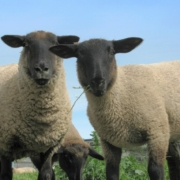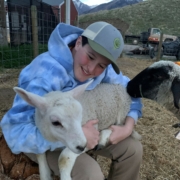Adaptive Grazing: Soil Evaluation, Aggregation, and Biology
Adaptive grazing is a regenerative livestock production system that uses multiple paddocks, frequent moves of livestock with short grazing intervals, and long rest periods to provide full pasture plant recovery. It is a proven method of increasing the resiliency of pastures by building soil organic matter, increasing soil water infiltration, promoting water conservation, adding diversity, and decreasing surface runoff.
This video is one of a six-part series in which grazing expert Allen Williams discusses and demonstrates the principles and benefits of adaptive grazing.
In this video, Allen explains the how biology provides soil stability and resiliency through aggregation, and demonstrates how to evaluate soils for productivity.
This video is produced by the National Center for Appropriate Technology through the ATTRA Sustainable Agriculture program, under a cooperative agreement with USDA Rural Development. ATTRA.NCAT.ORG. This video series also was supported a grant from the USDA Natural Resources Conservation Service as part of The Piney Woods School Sustainable Farming Outreach Project. They were hosted in partnership with the Piney Woods School in Piney Woods, Mississippi.


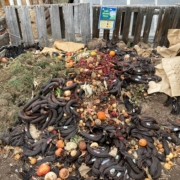
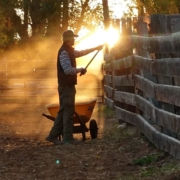

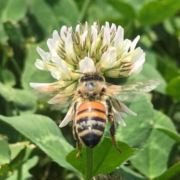 USDA photo by Lance Cheung
USDA photo by Lance Cheung